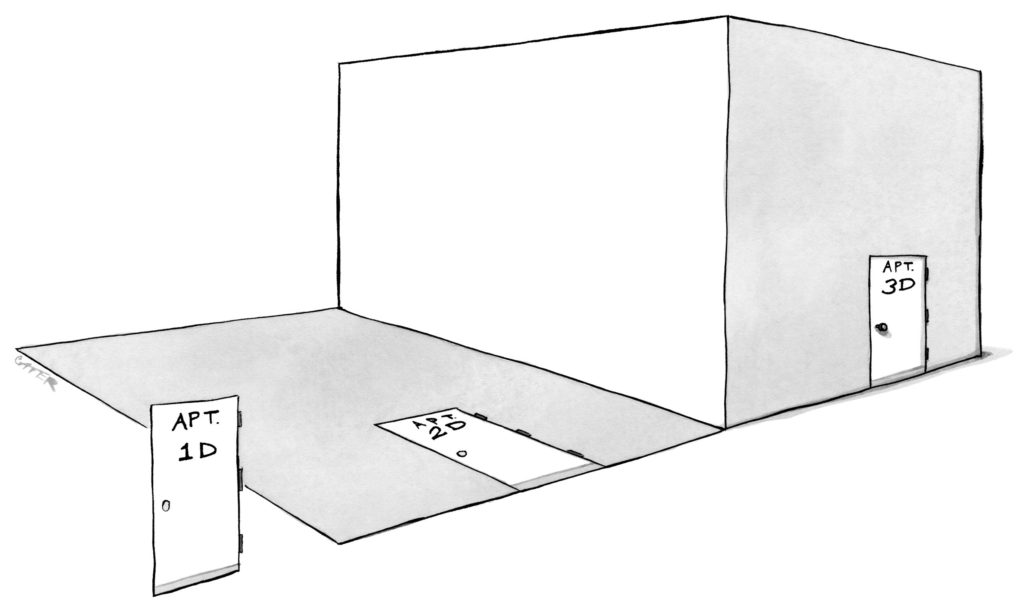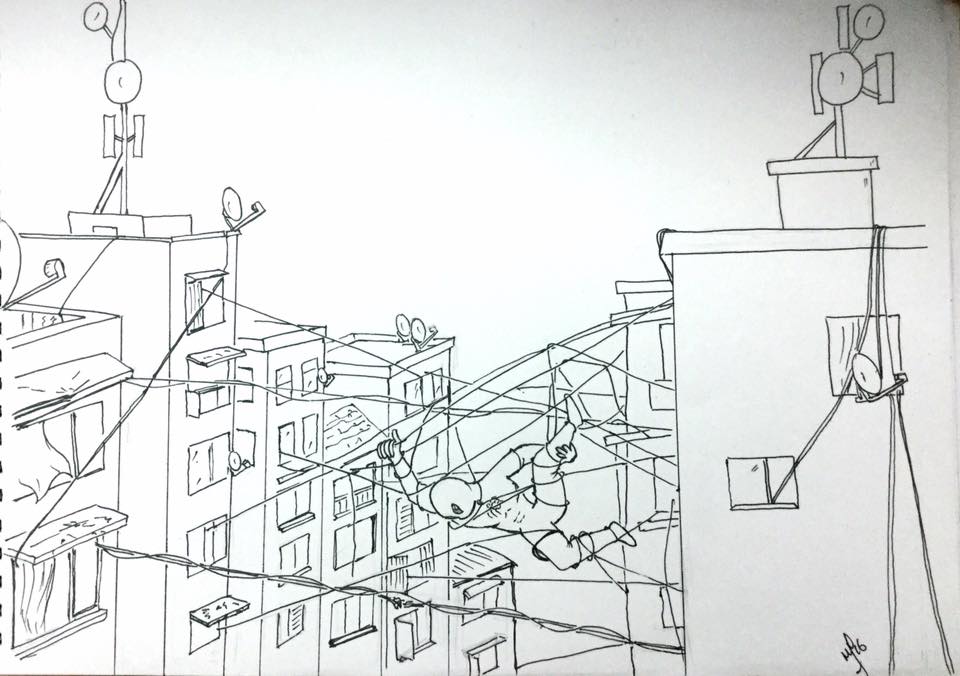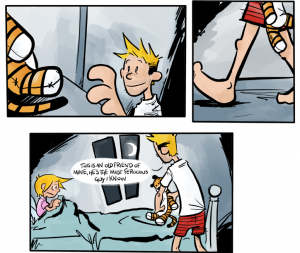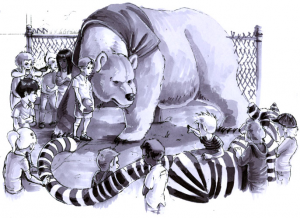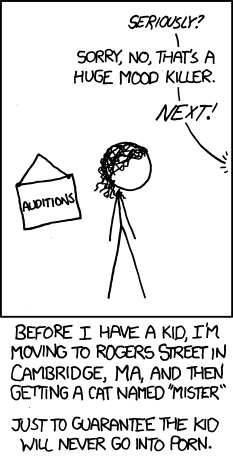
Kamala Khan Lives!
I know one of the creators of Ms. Marvel personally so I admit I am biased out of loyalty and love for my friend. As an MCU fan, I’m also internally wired to just love everything about this show. Far better MCU analysts than myself can provide far more interesting commentary than I can about the lore and the canon and the easter eggs. On one level, I just watched Ms. Matrvel as a fan and geeked out and loved it.
There’s another angle however that I can’t escape, and one I can’t ignore because the Pakistani representation is being given almost equal billing to the incredible performance (see? biased) of Iman Vellani as Kamala. My angle, quite simply, is that I’m almost 50, and I have two teenage daughters. (Well, one is 20).
(spoilers….)
I am grateful for the cultural beats and the unabashed inclusion-without-spotlighting of Islamic elements. (honestly, though, Aamir is a bit stiff and Yusuf a bit too loose). The problem here is more fundamental to the very character of Kamala herself, the same struggle that the character embodies and was conceived to address. Identity, for a Muslim, and a brown kid, in a western culture automatically entails sacrifices and compromises, not to mention a genuine sense of confusion at times that we never really outgrow. I am ABCDEFG myself, from Chicago rather than HIJ, and my childhood was straight outta Stranger Things. My life had both D&D and bike rides as well as masjid and madrasah. Everyone who is brown can relate to this duality, Deen and Dunya, wearing one (sometimes literal) hat here and another hat there.
The problem I have is that the solution in media always seems to be the same. Ultimately, the culture and the faith are always portrayed as obstacles rather than empowering. Here’s where I express hope that Aamir can be a source of wisdom to Kamala for the latter. We are one episode in and we see that Kamala has a lovesick gora sidekick who surely will trigger a “you were in front of me this whole time” moment before season 1 concludes, she gets off ridiculously easy for lying to her mom (again, Yusuf is not really a factor beyond goofball and guilt trip), and apart from casual tosses of words like astaghfirullah and salaam wa aleikum here and there, the faith is largely relegated to wall hangings. Muneeba is rigid as expected (authentic in that regard) but her reasoning is devoid of any actual moral content. A convention is a party, parties are bad, we don’t trust you. (Yusuf weakly chimes in to moderate the point). Why are parties bad? She said haram things happen. True, but is that really why parties are bad? Haram things happen everywhere in Jersey and yet the Khans remain.
Yes, it’s a TV show, but ultimately having one devout side character go through the ritual motions, and having the main identity conflict be simplistically rooted in “my mom is mean and old fashioned” rather than give some airtime to the values that inform the other side of the conflict, makes Kamala’s identity crisis largely meaningless. I didn’t feel like my 16-year-old self would have related to Kamala, at least not yet. She could easily be any other Asian kid or daughter of conservative white parents and the conflict dialogue would have barely changed.
The mention of the girl Fatima who went off to Europe is instructive. On one level, of course it’s cool that she did so and Kamala is rightfully jealous and admires it. But the way that the mom and the auntie talked about it was rooted in the scene needing to show culture (and mom) as where fun goes to die. There wasn’t even a cursory attempt to understand why a European trip solo to “find yourself” would be problematic from a cultural POV, or an Islamic one. The critique is reduced to “she won’t have a ring on her finger” which is ultra generic to every immigrant culture on the planet. Those concerns have merit, but the show doesn’t allow for that at all.
What is my specific critique? Well, I don’t have one yet. I know the writing is on the wall here – Kamala is going to defy her parents, lie, and start dating Bruno (and not talk about him, no, no). But if she’s going to make these decisions, I’d like for her to feel the weight of them. Bruno speaks Urdu and is already in with the family so maybe the inevitable reveal of their relationship won’t even have plot consequences. That’s a shame because it should.
This is a TV show, not a feature film so there is time to explore what it means to literally be stuck between two worlds even before you put on the magic bracelet. I hope that the writing team is willing to explore that inside world with as much curiosity as they are the supernatural fictional one. That’s what true representation would look like.
